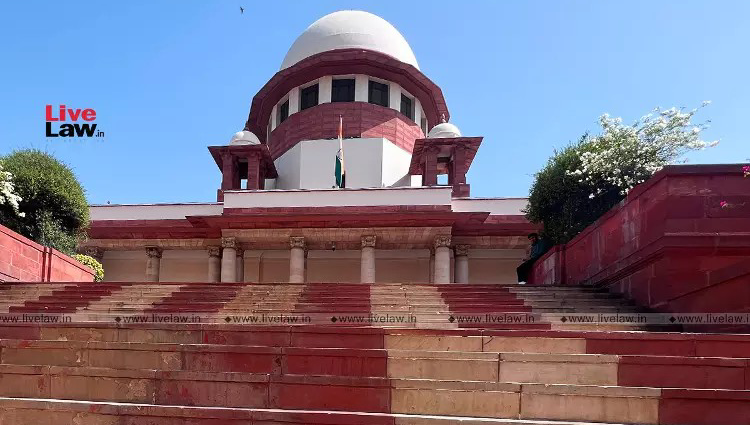Cheque Dishonour Cases – What Should Courts Ask Accused Once Presumption Under S.139 NI Act Is Applicable? Supreme Court Explains


Reiterating the principles relating to the presumption under Section 139 of the Negotiable Instruments Act 1881, the Supreme Court reversed the acquittal of an accused in a case for cheque dishonour. A bench comprising Justices Aravind Kumar and SVN Bhatti observed that there was a “fundamental flaw” iin the approach taken by both the Trial Court and the High Court. Summarising the law relating to presumption under Section 139 NI Act and the mode of its rebuttal, the Court stated
“Once the presumption under Section 139 was given effect to, the Courts ought to have proceeded on the premise that the cheque was, indeed, issued in discharge of a debt/liability. The entire focus would then necessarily have to shift on the case set up by the accused, since the activation of the presumption has the effect of shifting the evidential burden on the accused. The nature of inquiry would then be to see whether the accused has discharged his onus of rebutting the presumption. If he fails to do so, the Court can straightaway proceed to convict him, subject to satisfaction of the other ingredients of Section 138. If the Court finds that the evidential burden placed on the accused has been discharged, the complainant would be expected to prove the said fact independently, without taking aid of the presumption. The Court would then take an overall view based on the evidence on record and decide accordingly.
Two questions (depending on the method in which accused has chosen to rebut the presumption): 1.Has the accused led any defense evidence to prove and conclusively establish that there existed no debt/liability at the time of issuance of cheque?
2.In the absence of rebuttal evidence being led the inquiry would entail: Has the accused proved the nonexistence of debt/liability by a preponderance of probabilities by referring to the ‘particular circumstances of the case’?
Referring to a catena of precedents, the Court reiterated that as soon as the complainant proves the execution of the cheque, the burden of proof shifts to the accused by virtue of Section 139. “Until this evidential burden is discharged by the accused, the presumed fact will have to be taken to true, without expecting the complainant to do anything further.” the Court explained.
The standard of proof to discharge this burden of proof on the accused is not heavy and can be established through the preponderance of probabilities. The accused can either adduce direct evidence or through circumstantial evidence.
Once both parties have adduced evidence, Section 139 presumption does not come to the rescue of the complainant
Further, the Court explained :
There is no elucidation of material circumstances/basis on which the Court reached such conclusion. It notes the allegation made in the complaint that the complainant had given the loan on 01.03.2014 and on several dates thereafter. Based on this averment, the High Court rather shockingly concludes that: “If the complainant had given loans on various dates, he must have maintained some document qua that,
because it was not a one-time, loan but loan along with interest accrued on the principal, which made the amount to Rs.6,95,204/-.” Therefore, according to the High Court, ‘the burden was primarily on the complainant to prove the debt amount’.
62. The fundamental error in the approach lies in the fact that the High Court has questioned the want of evidence on part of the complainant in order to support his allegation of having extended loan to the accused, when it ought to have instead concerned itself with the case set up by the accused and whether he had discharged his evidential burden by proving that there existed no debt/liability at the time of issuance of cheque. 63. In the teeth of the aforesaid analysis, we have not the slightest of hesitation in concluding that this case calls for interference, notwithstanding that both the courts below have concurrently held in favour of the accused. Since we have answered point No:(i) in the negative, the need to examine point No:(ii) does not arise. 37 64. Hence, we proceed to allow the appeal by setting aside the judgment of the High Court of Punjab and Haryana at Chandigarh rendered in CRM-A No.148 of 2020 dated 01.02.2022 and allow the complaint filed under Section 138 of Negotiable Instruments Act, 1881 and convict the respondent accused with fine of twice the amount of the cheque namely Rs.13,90,408/- (Rupees thirteen thousand ninety thousand four hundred and eight only) failing which he shall undergo simple imprisonment for one year.
Rajesh Jain v. Ajay Singh
CRIMINAL APPEAL NO………. OF 2023 (@ Special Leave Petition (Crl.) No.12802 of 2022)
